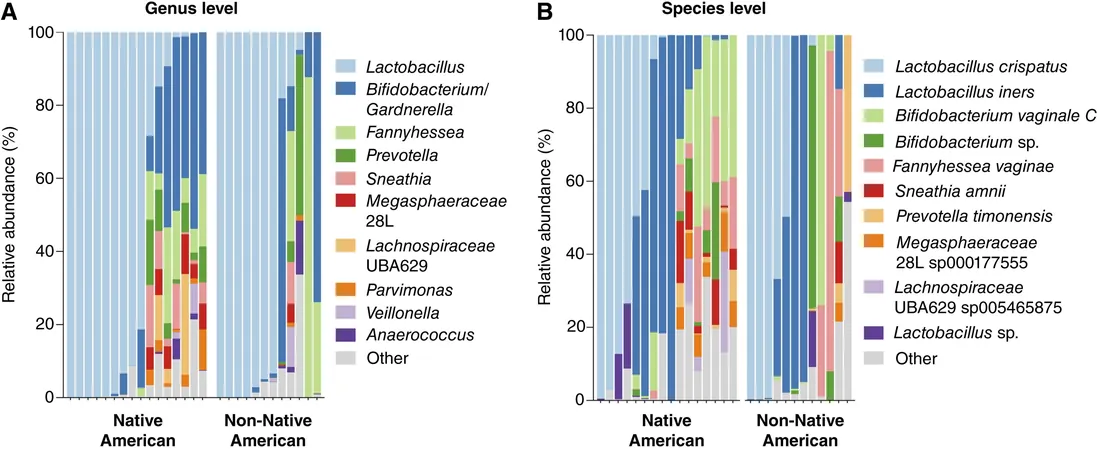
Alarming Discoveries: Sleeping Sickness Parasites May Escape Africa Due to Dangerous Gene Mutations!
2024-12-20
Author: John Tan
Introduction
Recent research has unveiled a shocking reality about the parasites responsible for sleeping sickness, a potentially fatal disease traditionally confined to Africa. These parasites are now evolving in ways that allow them to spread beyond their native regions, thanks to newly identified genetic mutations.
A New Threat on the Horizon
Experts warn that both climate change and efforts to control tsetse fly populations—the insects that transmit the disease—are impacting the evolution of these parasites known as African trypanosomes. This critical finding raises fears that the risk of outbreaks could extend far beyond sub-Saharan Africa, potentially leading to global health crises.
The researchers have discovered that certain strains of these parasites have been found infecting animals in Asia, South America, and southern Europe. The alarming implication is that human-infecting strains could also adapt in a similar way, posing serious risks to populations across various continents.
The Genetic Revolution: What You Need to Know
This groundbreaking research, led by a team from Edinburgh, focused on studying the genetic makeup of over 80 samples of trypanosomes obtained from humans, tsetse flies, and livestock. By constructing a comprehensive family tree of these different parasite strains, scientists could track how these organisms have changed over time.
Through the use of CRISPR-Cas9 gene-editing technology, the research team identified several significant mutations in genes critical to the lifecycle of these parasites. These changes appear to simplify how the parasites reproduce and spread, thus allowing them to exist independently of their traditional tsetse fly hosts.
"The understanding of which specific genes and mutations are involved is vital for identifying and countering emerging strains," stated Dr. Guy Oldrieve from the School of Biological Sciences. The researchers are now planning to develop a portable diagnostic tool capable of detecting future outbreaks of sleeping sickness in real time.
Global Collaboration Against a Growing Threat
The study, which was published in the prestigious journal *Nature Communications*, highlights the global effort to combat infectious diseases. Contributions came from esteemed organizations including the Wellcome Trust, Medical Research Council, and the Bill & Melinda Gates Foundation, alongside collaborations with various universities and health institutes across Europe.
With this newfound understanding of the parasite’s behavior and genetics, public health officials may be better equipped to anticipate and respond to potential outbreaks, protecting communities worldwide from this deadly disease. The clock is ticking, and vigilance is essential—will the world be prepared for what's next? Stay tuned!


 Brasil (PT)
Brasil (PT)
 Canada (EN)
Canada (EN)
 Chile (ES)
Chile (ES)
 España (ES)
España (ES)
 France (FR)
France (FR)
 Hong Kong (EN)
Hong Kong (EN)
 Italia (IT)
Italia (IT)
 日本 (JA)
日本 (JA)
 Magyarország (HU)
Magyarország (HU)
 Norge (NO)
Norge (NO)
 Polska (PL)
Polska (PL)
 Schweiz (DE)
Schweiz (DE)
 Singapore (EN)
Singapore (EN)
 Sverige (SV)
Sverige (SV)
 Suomi (FI)
Suomi (FI)
 Türkiye (TR)
Türkiye (TR)